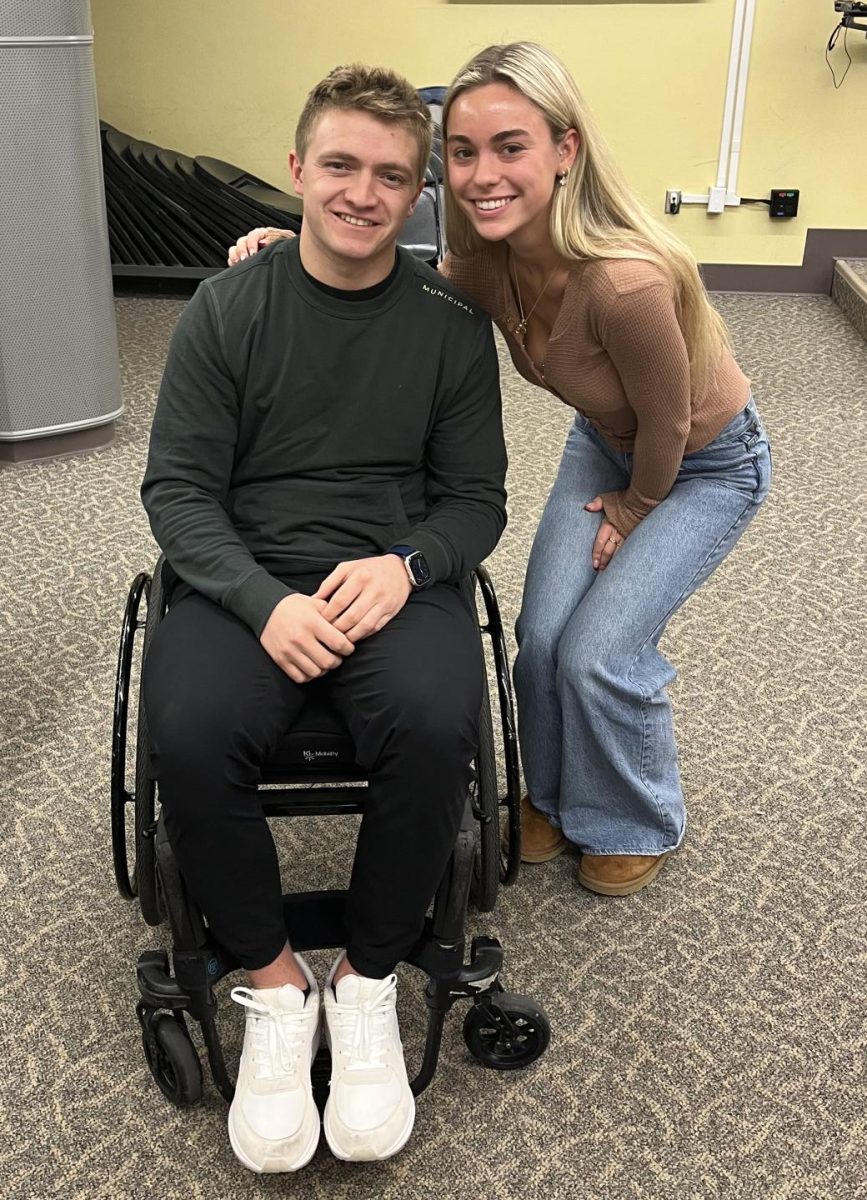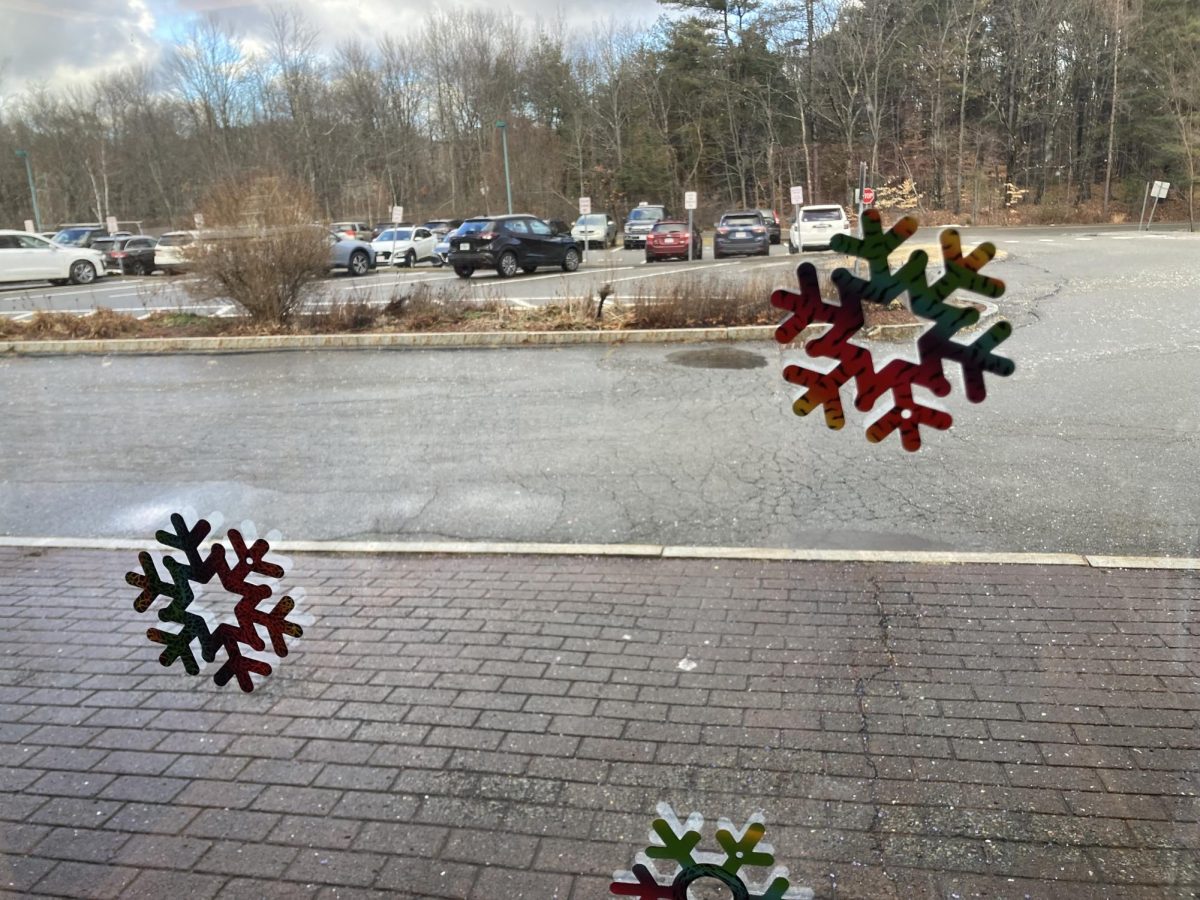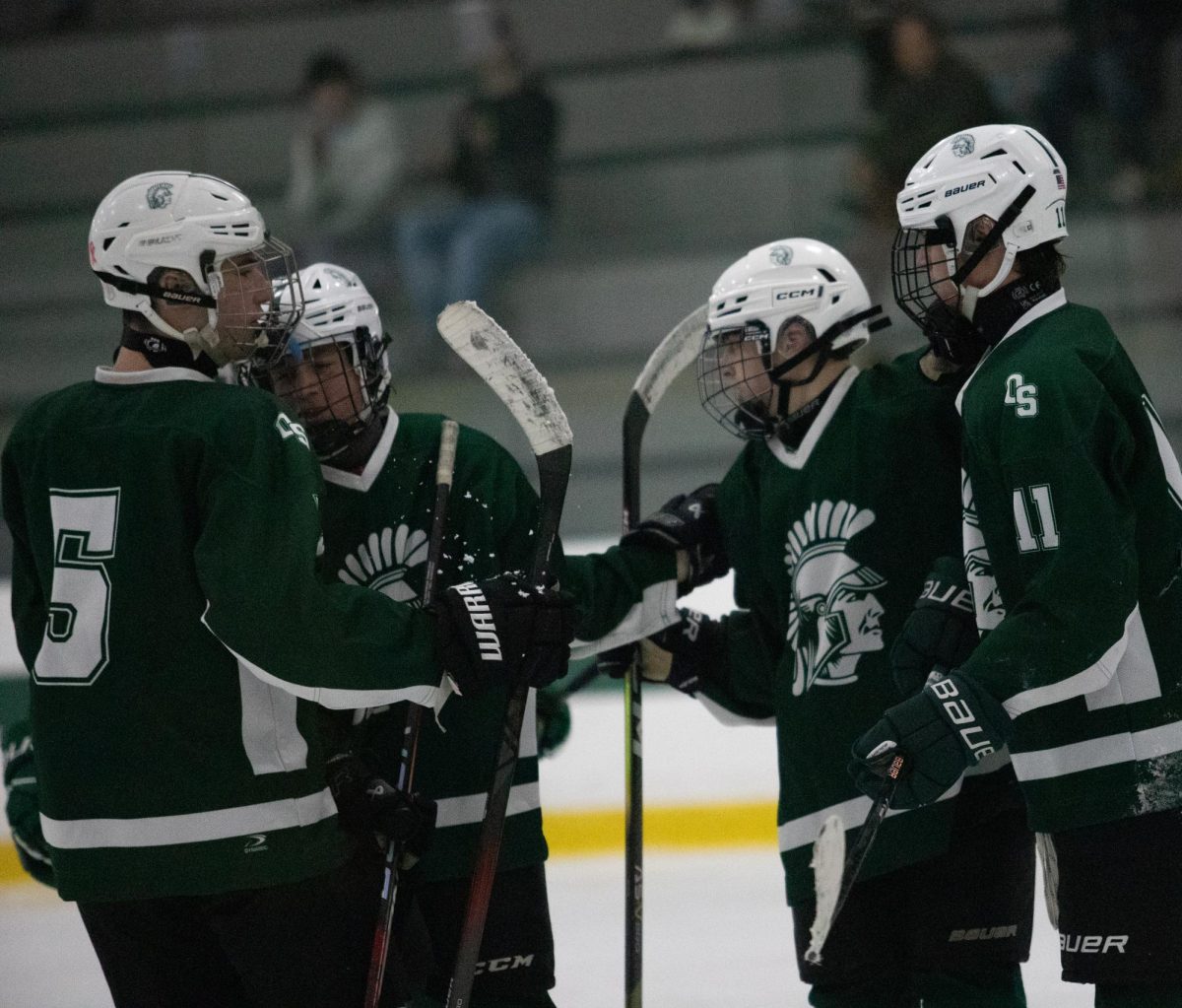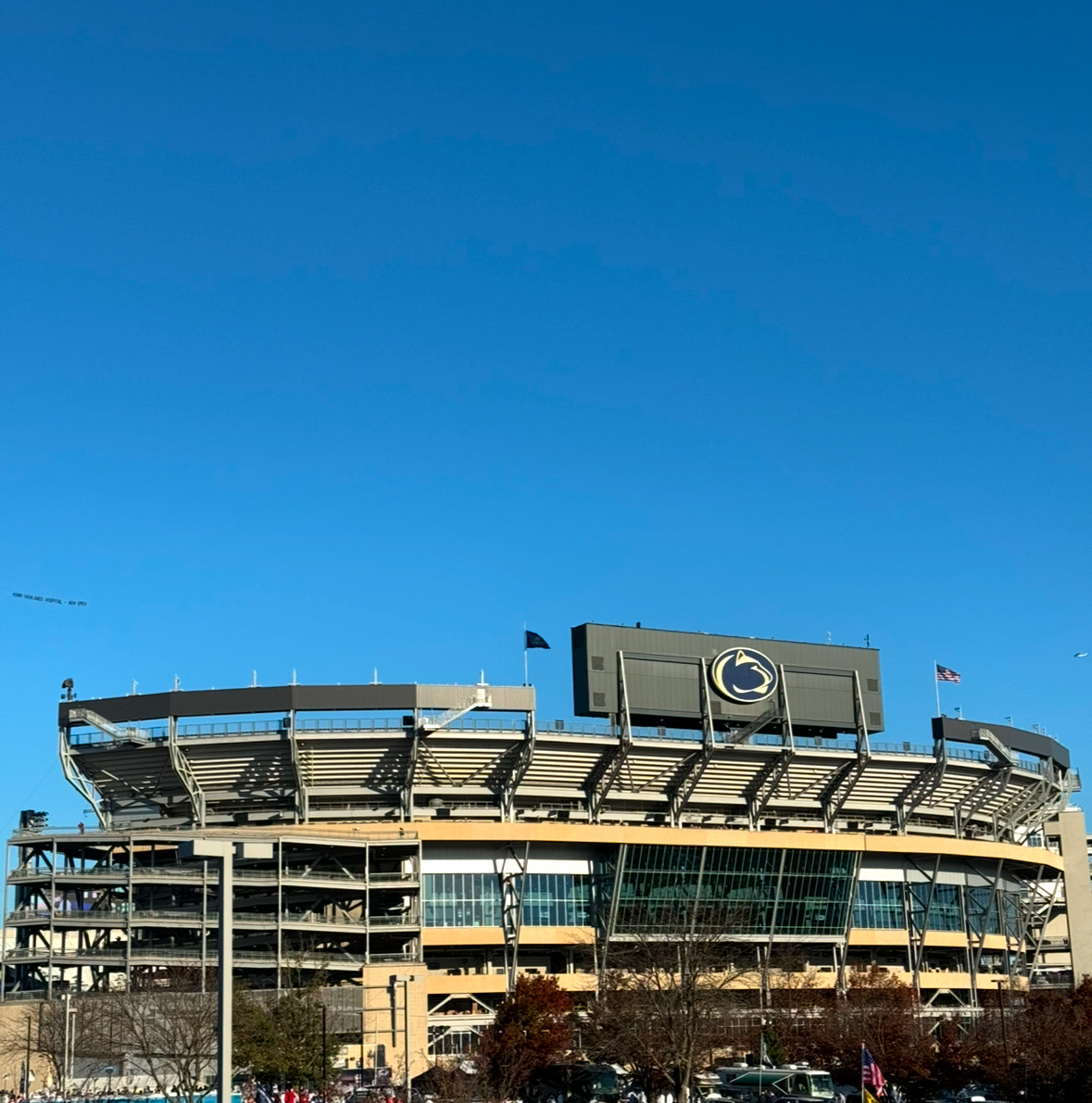So you wanna know about relationships. Maybe some of the healthy effects of it, maybe some of the negative outcomes that can occur. Recently Ms. Roy’s nutrition and wellness class went through the OneLove program which talked about all of this. It was incredibly eye opening and was very heavy and emotional when watching the video included in the program.
The basic point was, pay attention to your relationship, whether romantic or platonic, and trust your instincts and your gut because if something feels off, chances are that something is off and other people have noticed as well.
Your relationship can start off really well. Maybe your significant other bought you a really sweet gift to get your attention. Maybe they gave you a flower or asked for your number or your Snapchat. From then maybe you had some really sweet conversations and got to know each other really well. Then maybe they asked you to be their girlfriend, boyfriend, or significant other. That’s your first red flag: jumping into a relationship when you really don’t know the person.
Of course that can also mean absolutely nothing. But you have to be conscious about everything they do and everything you do as well because they could take anything you say and twist it. Bad relationships happen everywhere and can be the happiest couple you know, just behind closed doors.
Some more signs of bad relationships include intensity and expressing themselves in a way that is almost too overwhelming, possessiveness, manipulation, sabotage, guilting, deflecting responsibility, isolation, belittling and making you feel bad about yourself, volatility and reactions that may scare you, and betrayal. The most important thing to keep in mind if you think any of these things are true is if your significant other brings out the best in you, or makes you feel maybe a little afraid, or scared of how they’ll take any sort of news you have, or you feel yourself drifting away from your friends and family.
Some signs of a healthy relationship, on the other side of things, includes taking things at a comfortable pace, honesty, respect, kindness, healthy conflict, trust, independence, equality, taking responsibility, and fun. Healthy relationships should make you feel safe and secure, and you should be able to have your own life with your own friends and time and decisions.
It can be hard to admit that you’re not in a healthy relationship but it’s so much better to seek help than to ignore the signs. Talk to a friend, a family member, teacher, counselor, or you can find some anonymous resources below. That’s the first step. For the ones who see their friends suffering in silence but don’t want to say anything, or maybe have a sneaking suspicion that something is not right, leave the door open. Ask how their relationship really is even though it may look good on the outside. Never slam the door shut, at least on purpose.
When you’re in a healthy relationship, you’ll know. They’ll love being around you, won’t be angry if you go somewhere without them, make plans with you, respect your boundaries, be liked by your friends and family, and most importantly, you’re going to feel at home around them. Sure, everybody breaks up, but there’s a difference between a healthy relationship breakup and an unhealthy relationship breakup. When you find yourself in this type of relationship, where you feel safe and loved, trust me, you’ll know. Remember to stay safe.
RESOURCES
ORHS Admin – (978) 827-5907
ORHS Counseling – (978) 827-5907 (ext 2161)
ORHS Health – (978) 827-5907
Local Police – 911
YMCA Domestic Violence Services – (508) 767-2505
Rape Crisis Center – (800) 870-5905
National Domestic Violence Hotline – (800) 799-7233
Suicide and Crisis Lifeline – 988
Love Is Respect – (866) 331-9474 or text “Love is” to 22522 or visit the website : www.loveisrespect.org
Center for Relationship Abuse: www.stoprelationshipabuse.org/get-help/resource
The Trevor Project – 1-866-488-7386 or visit the website: www.thetrevorproject.org








